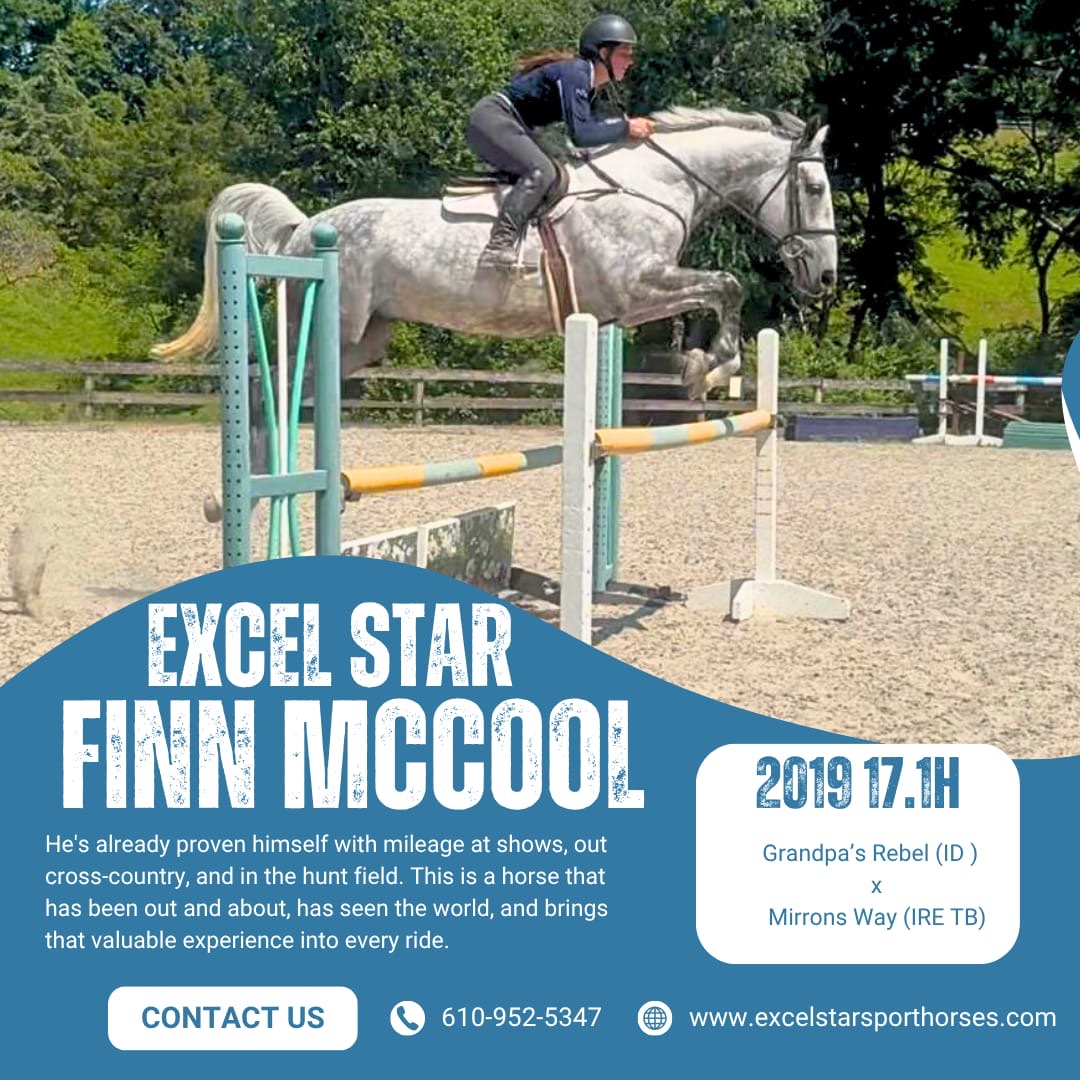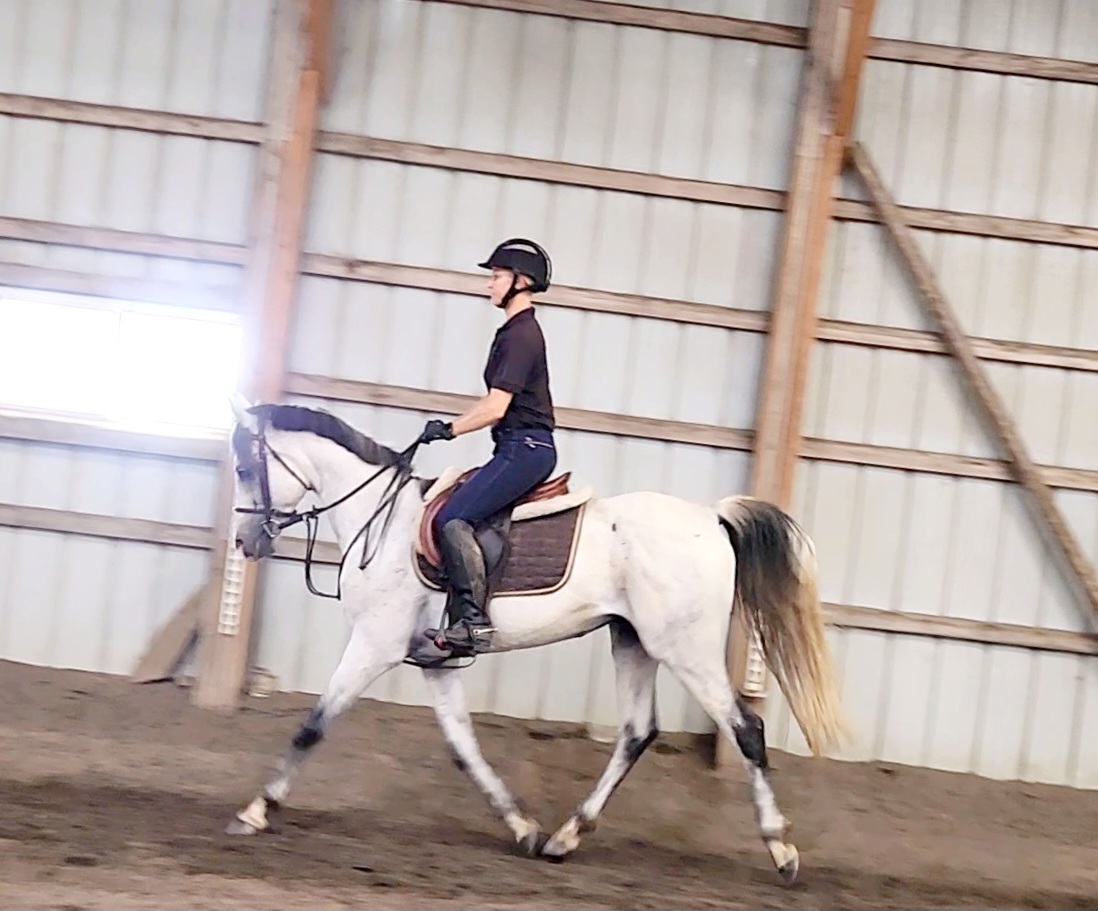We recently worked with mental health and wellness coach Sarah Carlan, MSW, on a column addressing common mental health hurdles eventers often face. We’re pleased to bring Sarah back as a columnist here on EN, and we invite you to submit your mental health questions for a future edition. Please email [email protected] to submit your question – you may remain anonymous if you wish. To read other editions of Mindful Monday, click here.

Photo by Leslie Threlkeld.
Q: How can we move toward a culture where moving up isn’t the only goal? How can we do our part to change this mentality?
This is a great question because it speaks to the importance of individualizing your goals, while also supporting other people on their path. I might start by reframing the question: “How do I define goals based on my own desires and circumstances, and find the support I need to achieve those goals?” For some “moving up” is the right goal, but it is not the only goal and we need to find a way to support each other when we choose different paths.
Early humans depended on group acceptance to survive. If you were kicked out of your group you would literally die of exposure and hunger, so our brains developed to meet this need. A very old part of our brain is wired for human connection, which includes acceptance, group think, and awareness of the judgement of others. We see this play out in many aspects of our lives – for eventers, that may mean feeling the pressure to move up to the next level.
In eventing we have a few external ways to evaluate our progress, dressage scores, overall points, ribbons at an event, and the ability to “move up”. We rely on many of these external evaluations to tell us that we are making progress. However, as I have spoken about before, these external barometers of progress are impacted by so many factors; horse health, subjective dressage scoring, venue and course differences, etc. They do not always have the ability to accurately reflect our individual progress.
Moving up to the next level however, is a much more concrete reflection of our improvement, so it is very tempting to use it as simplification of “how good we are”. This may be why we see “move up culture” as such a dominant narrative in our sport.
If that barometer does not feel authentic to us or our own goals then we have to decide to find an alternative source of feedback. Choosing not to align with the dominant trend in your group will at first trigger that old part of your brain that fears exile. You might worry that if you don’t strive to “move up” you will be rejected by your peers or your trainer. I have even heard people talk about feeling guilty that they are not allowing their horse to reach his/her “potential”. (Trust me no horse is standing in his stall thinking, “I could go to Kentucky if it weren’t for that dope who is riding me.” They are thinking, “Do I have food and water? Does my body feel good? Do I have a herd to be apart of?” So don’t worry about your horse’s aspirations.)
Humans love the feeling of having goals and achieving them. In fact Daniel Goleman names it as one of his pillars of emotional intelligence, “Motivation”. When we have high emotional intelligence we are able to use skills to direct our thinking and behavior toward making changes in our lives. Having the “right sized goals” is an important part of the equation.
If our goals speak to our specific strengths and desires, our “Why”, then they are in alignment and we will find ourselves motivated to achieve them. If they are not in alignment then we will find ourselves hitting a wall of frustration and demotivation. For example, as a young adult I had: time, a baseline talent, and a very experienced horse. My goal was to move up the levels as quickly as possible because my time with this particular horse was short. I mapped out a plan of lessons and shows that allowed me to quickly move up. The equine stars aligned and I was able to accomplish my goals quickly.
Now fast forward to my early 30’s. I have two very young children and a green horse. I came out of the box expecting to be on the same trajectory as I had been in my early 20’s. I made a similar plan, hit all of the expected road blocks (no time, green horse, older body) and became quickly frustrated. In fact, I almost quit all together. Then I look a step back and asked myself an important question; “Why do I love eventing?” For me it was, “the team work and connection I got to feel with my horse”. So I build a set of goals that surrounded my “Why”.
Everyone will have a different “Why”. If you spend time discovering your “Why” and then build a plan that will help you reach it, then you will feel in alignment with yourself, rather than trying to be in alignment with someone else’s desires. It will also help you explain to others why you are choosing the path you have chosen. Externalizing and explaining these goals will help others realize that they too can find a different path.
I was once waiting in line for my dressage scores at a local show. The woman in front of me was in her 50’s. I heard her saying to her friend, “I know that I keep winning at this level and everyone says I should move up, but I don’t want to. If I move up showing will go from being a fun thing I do on the weekends to a job. I already have a stressful job, this is my fun time.” Hearing her say that was such a relief. She was able to articulate her why to others, not as a justification, but rather as an education.
So first find your “Why”, then build your goals around that, and lastly share that with others, I am sure it will resonate and it will help you find your support system.

Sarah Carlan. Anna Lens Equine Photo.
Sarah Carlan has a MSW from Smith College School for Social Work, a BA in Neuroscience and Animal Behavior from Mount Holyoke College, and over 15 years experience working as a therapist and group facilitator. Before starting her own practice, Sarah worked as a school counselor and a Child and Family Therapist in both inpatient and outpatient settings. Over the years, she has facilitated support groups, team trainings, and retreats for schools, hospitals, and nonprofits. Today, Sarah coaches a diverse range of clients, including C-suite executives, educators, medical providers, and equestrians. To learn more about Sarah, visit sarahcarlan.com.





















